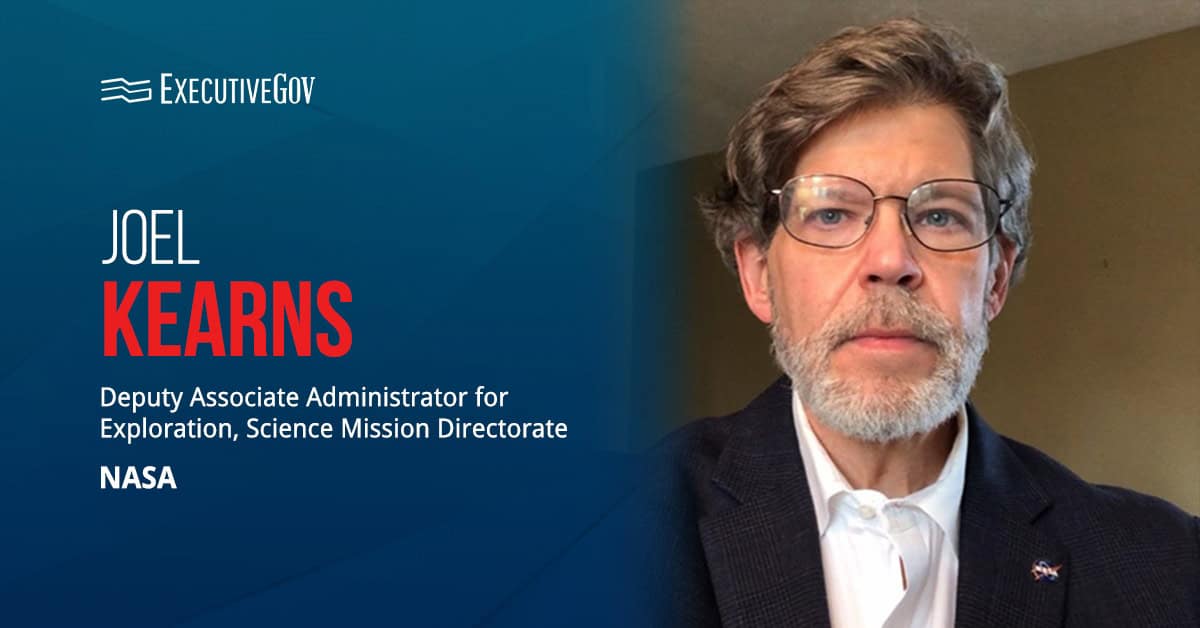Caroline Bean, acting head of the Defense Information Systems Agency’s Joint Enterprise Services Directorate, has been appointed to permanently assume the position as a senior executive.
Bean’s 20-year career at DISA included various program management roles focused on cloud adoption and enterprise services development and sustainment, the agency said Monday.
She previously served as director of the Defense Enterprise Office Solutions Program and lead engineer and program manager of DISA’s milCloud initiative.
Bean joined DISA in 2002 as a student intern at the agency’s System Support Office in Mechanicsburg, Pennsylvania.
“She has continually prioritized evolving current capabilities to meet future mission needs of warfighters,” said Jason Martin, director of DISA’s Digital Capabilities and Security Center.





